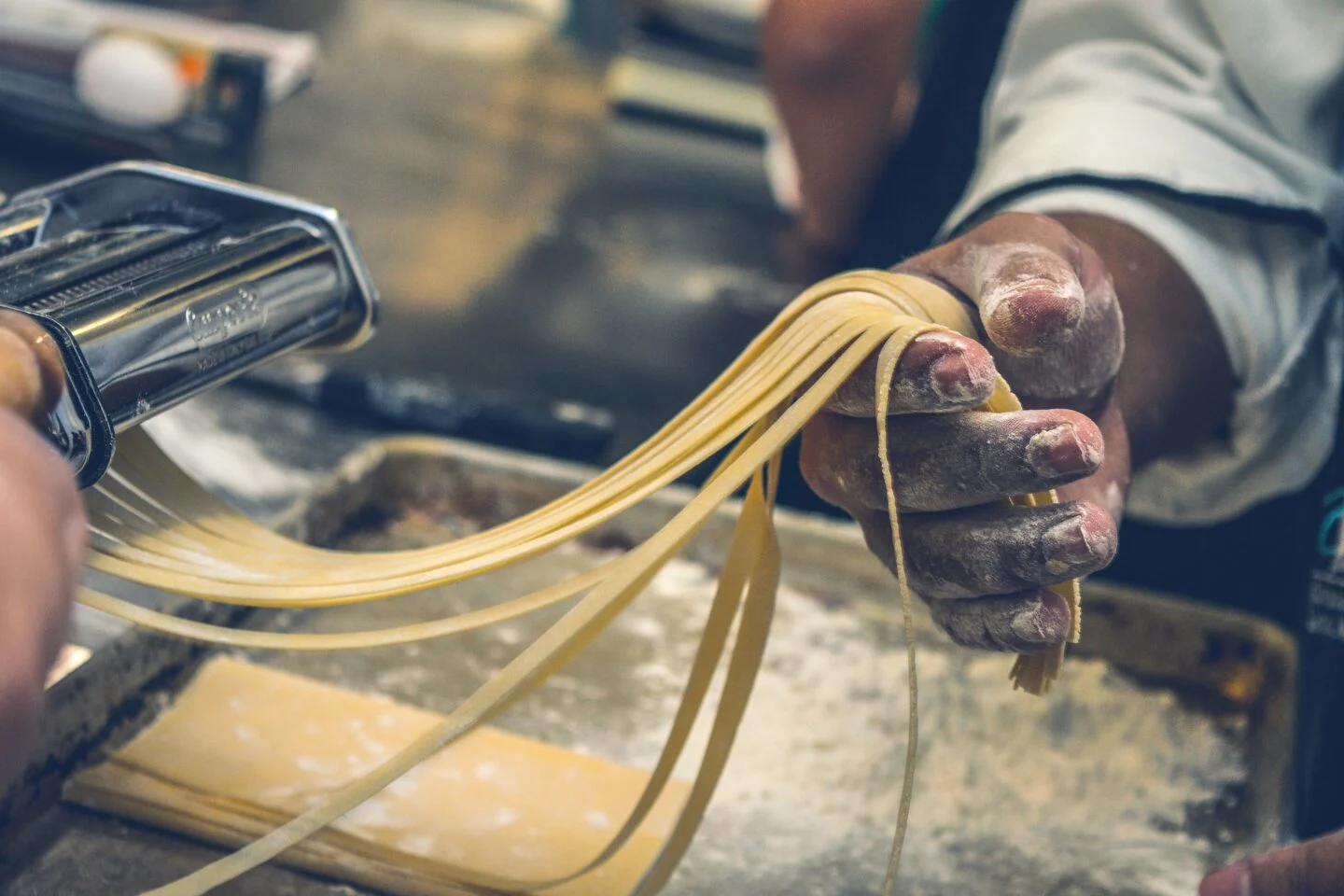
Traveling to taste new dishes is one thing. Learning to make them with expert chefs inside the very cultures that shaped them offers something much richer. Culinary education tours provide a unique pathway for food lovers to deepen their skills while experiencing the full context of local ingredients, techniques, and traditions. These tours combine classroom-style learning with authentic, real-world culinary settings.
Balancing travel with academic deadlines can be challenging. You might still need to write my essay for me without AI before booking flights, but culinary education travel is more accessible than it seems. Many programs are structured for flexibility, offering options from single-day intensives to month-long immersions, making it easier to engage without disrupting your academic or work schedule.
Learn by Cooking, Not Watching
Most culinary educational opportunities tours focus on hands-on experience. Instead of watching from the sidelines, you spend hours in the kitchen under the guidance of professional chefs. These sessions typically cover ingredient sourcing, traditional preparation methods, and region-specific presentation. From pasta shaping in Italy to spice blending in Morocco, the process is as immersive as it is instructional.
Workshops often include step-by-step instruction paired with personal feedback. You build real skills while learning how each dish connects to a place’s history, agriculture, and daily life. Each hands-on session turns a meal into a moment of learning.
Cultural Depth Beyond the Plate
A strong culinary program does not stop at technique. It introduces you to the social and cultural dimensions of food. Tours often include market visits, farm stays, or meals with local families. These elements show both the preparation of a dish and its deeper cultural meaning.
In Southeast Asia, you might learn how food traditions align with spiritual practices or community rituals. In South America, instructors may discuss how colonial history shaped local ingredients. These cultural components make culinary tours especially rewarding for those who want more than surface-level food experiences.
Professional Development Opportunities
If you are considering a food-related career or already working in the industry, structured culinary educational opportunities tours can also serve as professional development. Some programs offer certificates, continuing education credits, or mentorship from industry professionals. These credentials can strengthen your resume while expanding your skillset in a global context.
Even if you are not pursuing a culinary profession, the discipline and insight gained from structured instruction help refine your palate, improve your cooking, and open up new creative pathways in your own kitchen.
Top Culinary Education Tours to Explore
If you are ready to take the next step, here are some top-rated culinary education programs that combine cooking, culture, and hands-on learning:
- Le Cordon Bleu Masterclasses (Paris, London, Tokyo): Offers short-term and intensive courses in classic techniques taught by world-renowned chefs.
- Tuscookany (Tuscany, Italy): Live-in villa cooking schools where you learn Italian recipes in small groups with personalized instruction.
- Bali Culinary Pastry School (Denpasar, Indonesia): Professional-level training in Southeast Asian and international pastry arts with certificate options.
- Thai Farm Cooking School (Chiang Mai, Thailand): Organic farm-based experience that includes ingredient harvesting and traditional Thai preparation.
- Culinary Backstreets Food Tours (Multiple Locations): Educational food walks and cooking classes focused on underrepresented cuisines and community-based learning.
- Salt & Wind Travel (Mexico and Italy): Small group culinary trips with hands-on classes, market tours, and lessons from regional chefs.
- Gastronomicom International Culinary Academy (France): Advanced culinary and pastry programs with French language immersion and externship options.
Each of these programs varies in length, intensity, and focus, making it easier to find one that aligns with your skill level, schedule, and travel goals.
Make the Most of Your Culinary Journey
To get the most from culinary educational opportunities tours, approach it as both a learner and a traveler. Take notes, ask questions, and reflect on how each experience connects to what you already know. If your time is limited, prioritize programs that include a mix of instruction, practice, and cultural exploration.
Culinary tours offer structure and enrichment for both dedicated foodies and beginners eager to learn. With the right program, your next travel experience could leave you with more than memories. It could leave you with skills that last a lifetime.
